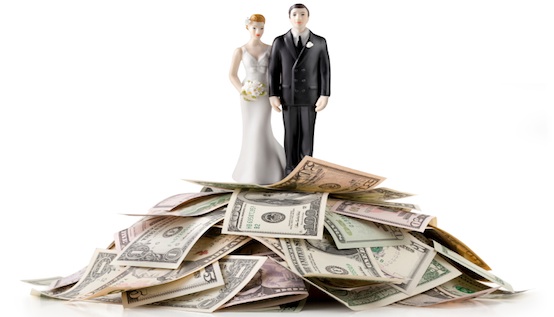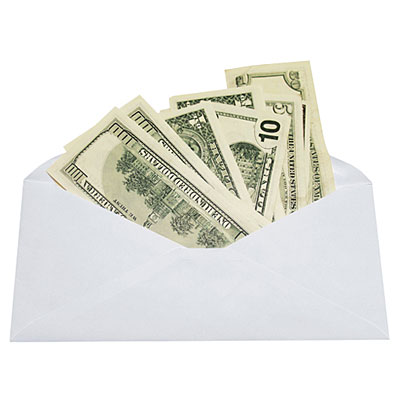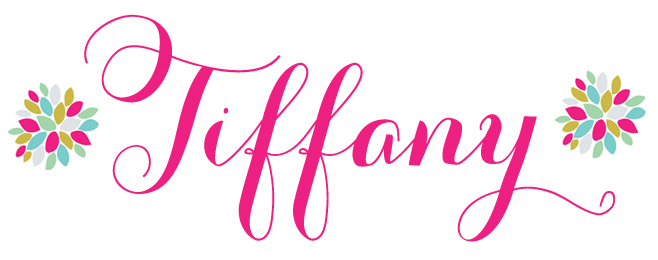Happy Tuesday!
As a planner, I frequently get asked what are the guidelines for tipping vendors: “Who gets a tip?” “How much should I tip?” “Do I have to tip?” It can be a little difficult at times to answer these questions as those who are incurring the costs for the wedding have already spent thousands of dollars. Therefore, the idea of having to dish out additional monies may not be something they want to entertain.
For this reason, when working with a couple, it is always important to have the tipping discussion early in the planning process so it can be accounted for in the budget. Ultimately, the bottom line is that there are no rules, and tipping is subjective to the experience of the bride and groom.
Nevertheless, here are my personal/professional thoughts on the matter:
- Check your contracts and agreements because gratuity is sometimes built into the fees (if you see service charges in your agreement or contract, don’t assume it’s gratuity). Many times, venues—especially banquet halls—apply a service charge towards their overhead.
- It is customary to tip the delivery or set-up staff, bartender, wait staff, hairstylist and make-up artist.
- Remember that tips are never obligatory―they are supposed to be expressions of appreciation for particularly good service.
- Do tip the wedding officiant (Clergy may not accept a tip. Therefore, a donation would suffice).
- There are no set guidelines regarding tip amounts.
- As it is customary to not tip business owners, a personal gift is always a nice gesture for the planner, photographer, videographer or f
No matter what your final decision is regarding tipping, remember that it is always good to reward those who provide service that are ‘above and beyond.’


